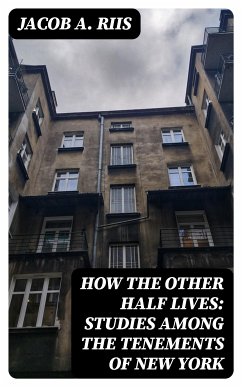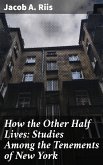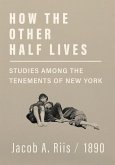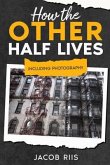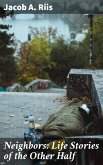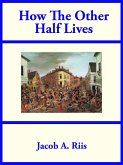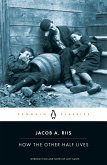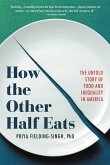In "How the Other Half Lives: Studies Among the Tenements of New York," Jacob A. Riis unveils the stark realities of life in New York City's impoverished tenements during the late 19th century. Employing a pioneering blend of journalistic rigor and social documentary, Riis combines vivid storytelling with stark photography to portray the harsh conditions faced by the urban poor. His literary style oscillates between impassioned advocacy and dispassionate observation, capturing both the despair and resilience of those he documents. This work stands as a critical piece of sociological literature, positioned at the intersection of the progressive reform movements and the nascent field of social science, as it sought to illuminate the dire need for social reform in America's rapidly industrializing cities. Jacob A. Riis, a Danish immigrant who rose from poverty to prominence, draws on his own experiences to inform his work. His background as a police reporter provided him with firsthand insights into the struggles of the disenfranchised, motivating his commitment to advocate for social change. Riis's empathy for the marginalized and his belief in the potential for reform emerge as central themes, making his voice a compelling beacon for social justice in an era fraught with inequality. This seminal work is essential reading for anyone interested in social justice, urban studies, and American history. Riis's vivid portrayal of life in the tenements not only educates readers about the plight of the underprivileged but also serves as a clarion call for empathy and reform. "How the Other Half Lives" remains relevant today, reminding us of our shared humanity and the enduring importance of advocating for the rights of all citizens.
Dieser Download kann aus rechtlichen Gründen nur mit Rechnungsadresse in A, B, BG, CY, CZ, D, DK, EW, E, FIN, F, GR, H, IRL, I, LT, L, LR, M, NL, PL, P, R, S, SLO, SK ausgeliefert werden.

